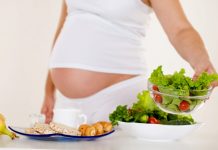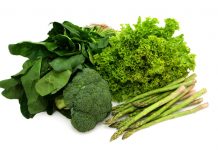During pregnancy, a woman has to take care of her diet and make sure that she eats very nutritious food items. During this time period, there are many food items which have to be avoided by a pregnant woman. One of these items is caffeine and it is said that caffeine is related to miscarriages and may have certain other side effects as well on pregnancy. The following are some of the side effects of caffeine on pregnancy:
- Studies have shown that consuming more than 300 milligrams of caffeine during pregnancy in a single day can raise the chances of miscarriages.
- According to research done, consuming caffeine may also lead to birth defects in the baby and even reduce fertility of the pregnant woman.
- Another major side effect of consuming caffeine during pregnancy is premature delivery which can also lead to further complications both for the mother and the premature baby.
- Low birth rate is another common harmful effect of having more than a certain quantity of caffeine during pregnancy.
- If a pregnant woman has more than 500 mf of caffeine in a single day, then it may also lead to a faster heart rate and a much faster breathing rate in the babies in the first few weeks after the birth.
- The reason why caffeine affects the baby is because is passes onto the baby through the placenta and is absorbed by it.
- In the case of pregnant woman, caffeine remains active in the body for upto 11 hours and it remains active in the fetus for upto 100 hours. The reason behind this is the fact that developing babies or fetuses lack the required enzymes to detoxify the caffeine and break it down.
- Doctors often say that it is safe to consume less than 300 mg of caffeine in a day but even lesser amounts of caffeine has many strong after effects and can still complicate the pregnancy.
- Even lesser amounts of caffeine may cause headaches, high metabolism, heartburn, insomnia and even dehydration which are not good for a pregnant woman or the fetus.
Whenever we think of caffeine, we associated it with coffee but in truth, caffeine is also present in ice creams, tea, yogurts and some other food products as well and the presence might not be indicated in the ingredients section of these products.







